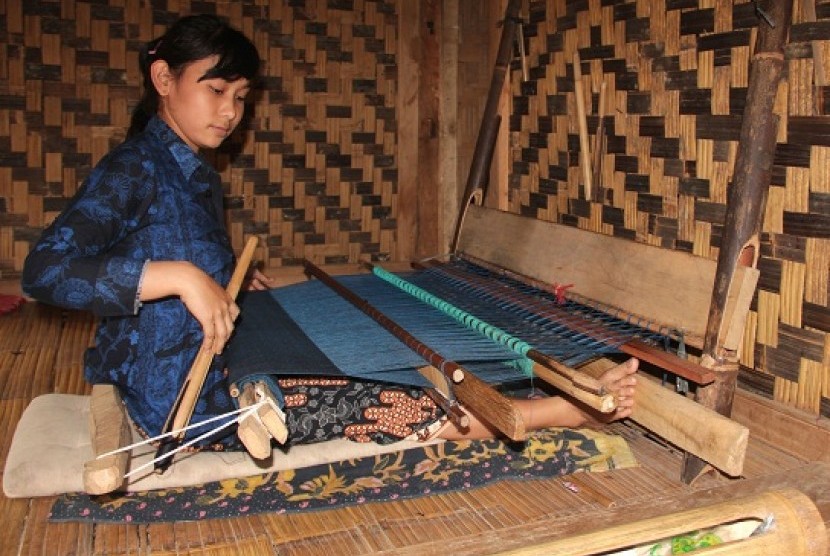The local government is developing the Baduy Land into a culture tourism site. Baduy is populated by about 5,000 to 6,000 isolated Baduy tribesmen, some 40 km southeast of Serang, provincial capital of Banten.
Even though it is closed to the outside world and modern life, the number of visitors, particularly researchers and university students, has increased in recent years. Up through September 2012, for example, about 5,380 visitors, including foreigners, have come to the Baduy Land, an area which is still covered with virgin forests in a 5,100 hectare land area.
Tidak ada kode iklan yang tersedia.
"A total of 158 foreign tourists have visited the Baduy villages and we will continue to build it and develop a cultural tourism site without disturbing the local people`s customs and tradition," Syaifullah Saleh, the head of the Culture and Tourism Service of the Regional Government of Lebak District, said recently.
Actually, the land of the Baduy tribe in Lebak District is a separate world which blends fertile earth, virgin forests, clear water, clean air and an unpolluted environment.
The Baduy Land is free from pollution and separated from the bustle of big cities such as Bandung and Jakarta, even though Banten, where Lebak District is located, shares borders with these modern cities.
Syaifullah said that the uniqueness of the local people`s lives is in their maintaining tradition and customs, while rejecting modern life. They live in a forest area covering about 5,100 hectares and have built no roads, have no electricity, do not have radio or television and reject the use of motorized vehicles.
Even, in the Baduy Dalam (the interior of Baduy Land) residents, usually clad in white clothing, when traveling to other regions have to go on foot and are not allowed to use public transportation.
The Baduy build wooden houses, walled with plaited bamboos. Their forests produce all the materials they need to construct their homes. There is no need to buy cement, tiles, bricks and other modern housing materials. They live a simple life based upon a primitive agricultural system and firmly maintain the values of their traditions.
A lesson from Baduy
In the meantime, Social Affairs Minister Salim Segaf Al Jufri, who visited the isolated tribe last week, said lessons must be learned from the isolated Baduy tribes, particularly in their success in preserving the environment.
The minister said that the Baduy people abide by their tribal wisdom, which serves as the basis for conserving nature. They also have a commitment to maintaining their customs, which are integrated into nature, so that natural disasters could be prevented.
"We have to learn a lesson from the Baduy tribes living in the valleys of Mount Kendeng. We have never heard that the Baduy people are suffering from famine. They really protect the environment as a source of their life," the minister said when he came to the region to provide social assistance.


